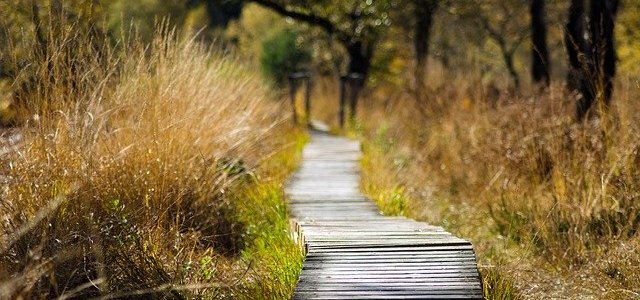
Us before vs after Master’s Programme in Nutrition Science
The end of May brings the end of the academic year as master’s students in nutrition science. We, the nutrition science students academic year 2019-2020, have submitted our final reports of the degree project and now we are counting the days to graduation! 🙂
As we are looking forward to our graduation day, we memorize what has been happening during our study at KI and reflect how we have improved ourselves in many ways after this one-year programme.
And if you ask: “tell me about you before vs after Master’s Programme in Nutrition Science“, here what we would say.
Niina
Before: In the process of changing my working career after 15 years in the metal industry. I was a newly graduated dietitian with a few months of working experience. However, I felt I needed to look further as working clinically did not feel like my thing. I knew I was interested in nutrition and that I was also interested in research. I had no idea what kind of research, though. My hope was that the year at KI would guide me further.
After: The answer came to me during the first course when I discovered sustainable nutrition. That really caught my attention! Now, nearing the finish line of the programme, I am completing my thesis regarding metabolic food waste in Sweden (yes, this concerns sustainable nutrition!), and I have been accepted as a doctoral student at SLU (Swedish University of Agricultural Sciences). Starting in August, I will be working on doing research on the redistribution of surplus foods and hopefully uncovering the benefits gained from it. My field will be multidisciplinary, covering environmental, social and economic aspects, allowing me to use my past experiences while learning new. I couldn’t be more excited!
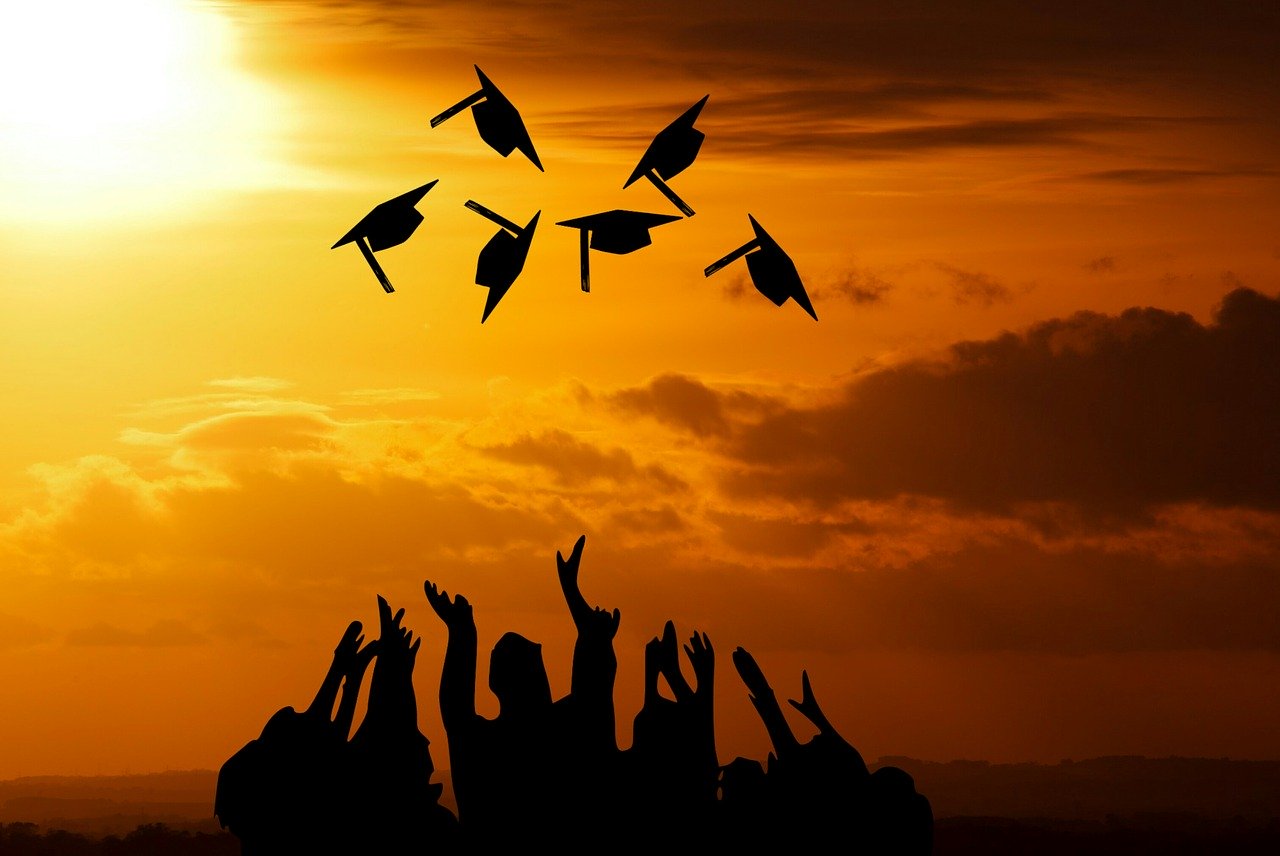
As Nina’s experience, the master’s programme in nutrition science may bring you to an opportunity to become a doctoral student! (Image courtesy of Mohammed Hasan from Pixabay)
Anne
Before this master’s programme I finished my medical degree. During medical school, I lacked the important topic of nutrition and lifestyle, so I wanted to gain more knowledge on this. I applied for the master’s in Nutrition Science at Karolinska, which met my expectations and even more. The programme is very rich in many ways. The courses were of high quality and the teachers were enthusiastic and happy to help. I learned to discuss with people from a lot of different backgrounds, to assess scientific literature critically, and I overcame the darkness of the Swedish winter. The programme made me realise that nutrition and lifestyle are the way to go in order to have a sustainable health care system and that I want to continue working with it. I can truly say that this master’s programme confirmed the thoughts on my future career, and Sweden earned a special place in my heart.
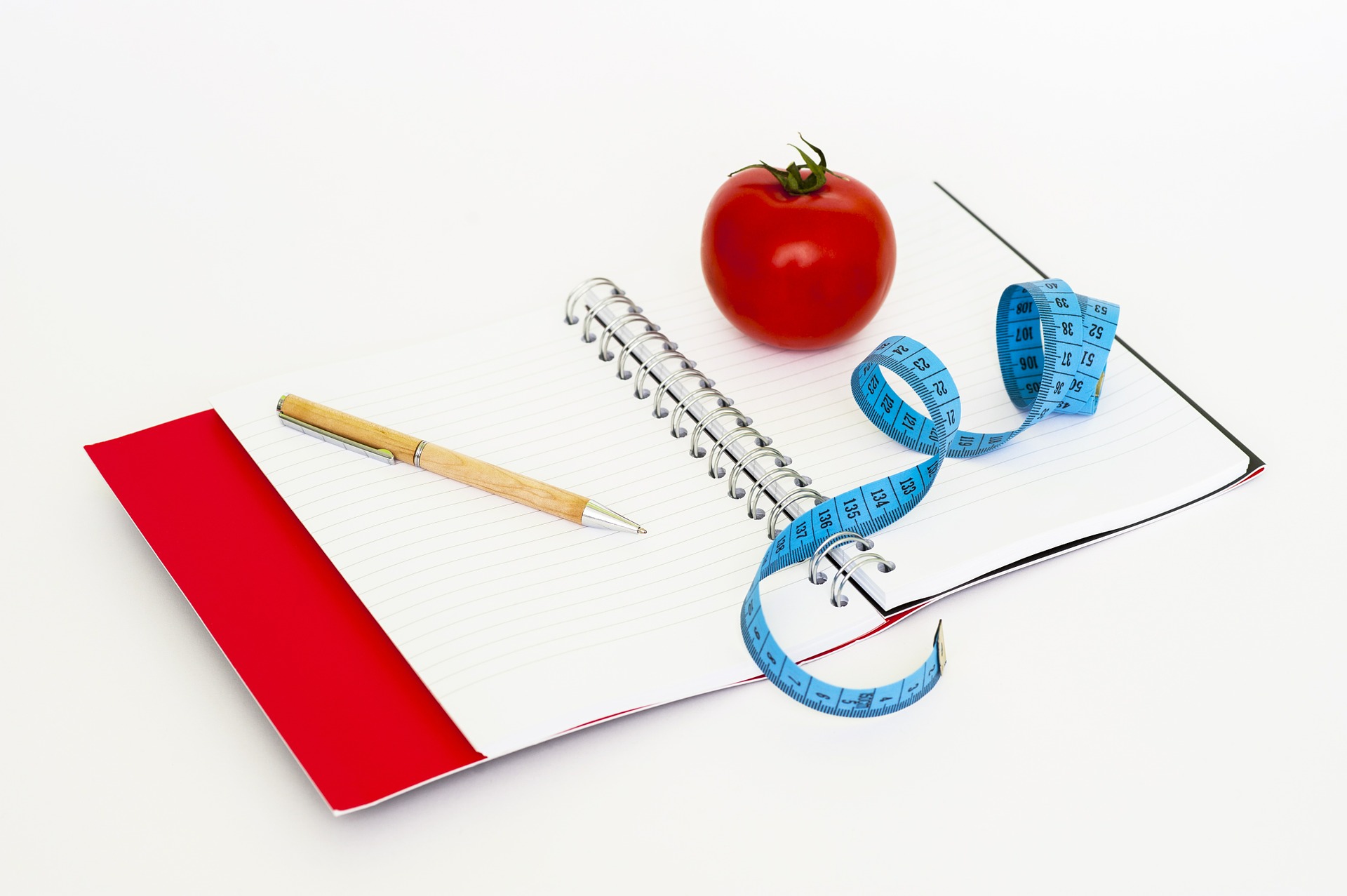
Even for someone with a medical background like Anne and Resthie, this master’s programme has given a wider and deeper perspective on the importance of nutrition and lifestyle in healthcare system (Image from Pixabay)
Liyu
Joining the programme taught me how to study and work in a diverse group. Since we all have different cultural, education, and work backgrounds, I was able to experience how to study in a diverse group. Getting to know new people and the small chit chats we had on our tea break always gave me insight on many things. Personally, it would take time for me to adopt a new environment and I am hesitant when making friends. But throughout the programme, I was able to improve my communication skill. I am not there yet. But I can see for myself the progress I made– Adopting and living new culture and environment also has boosted my confidence and open up my eyes to see an opportunity in learning new language and culture.
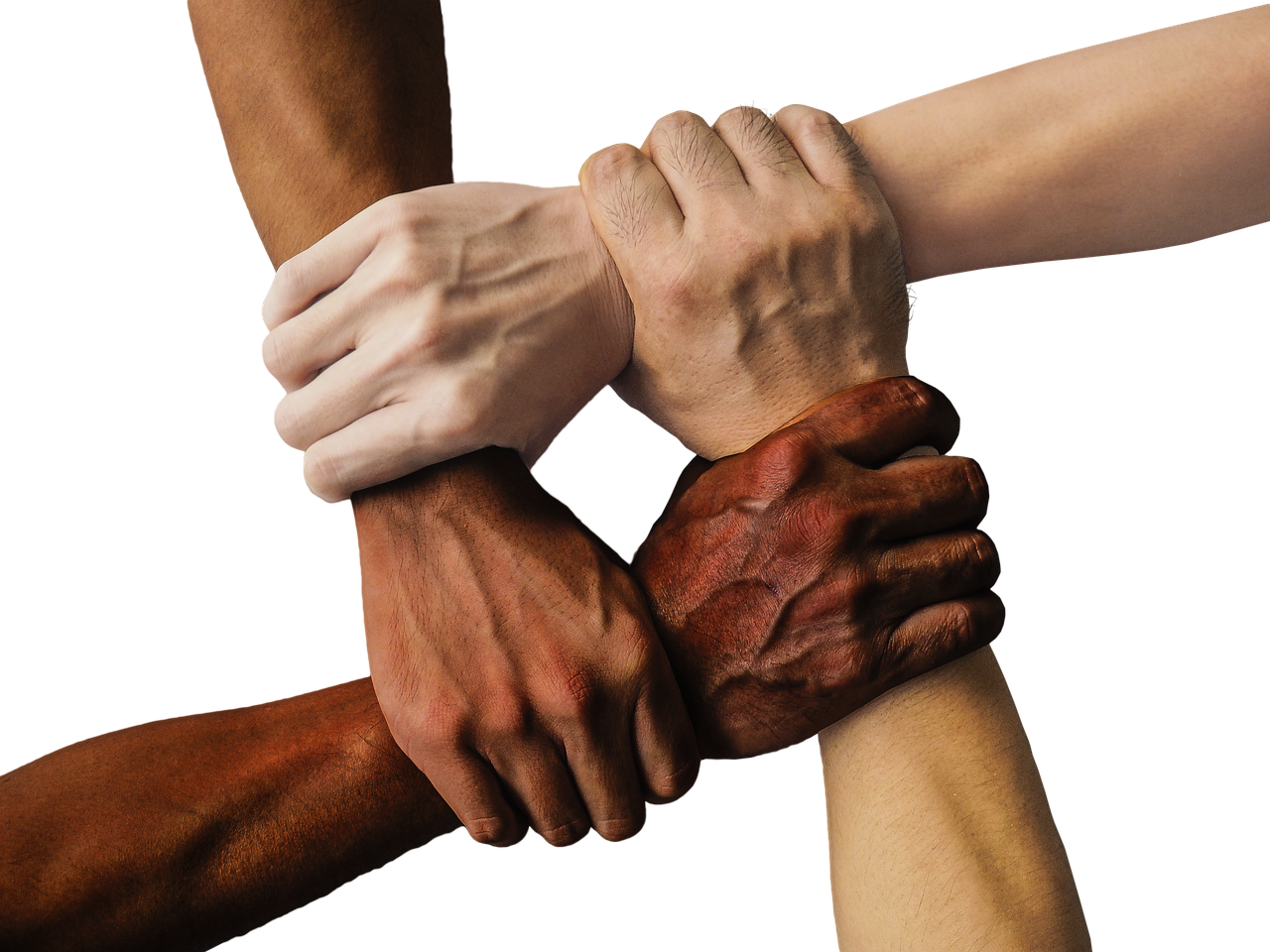
Just like what Liyu said, studying an international programme is definitely a valuable opportunity to improve communication and teamwork skills! (Image from Pixabay)
Lastly, the lesson I got from the pandemic of COVID-19 when I was finalizing my thesis is unforgettable. During the crisis, I was in the middle of recruitment, which was a challenge. But then I was able to pass it all with encouragement of friends and the research team which were supportive and wonderful. It made me think that I got a new family through the crisis, it even felt like home. I was able to improve my problem solving and coping skills.
Núria
Before the Master’s Programme I was concerned about the climate change and global warming and now I realised that food chains plays a key role on those devastating processes, I am eager to make the world a better place for everyone by expanding the message that “our diets need to change”. Moreover, with this Master’s programme I became more aware of the connection with physical activity, I particularly enjoyed Eric’s course.
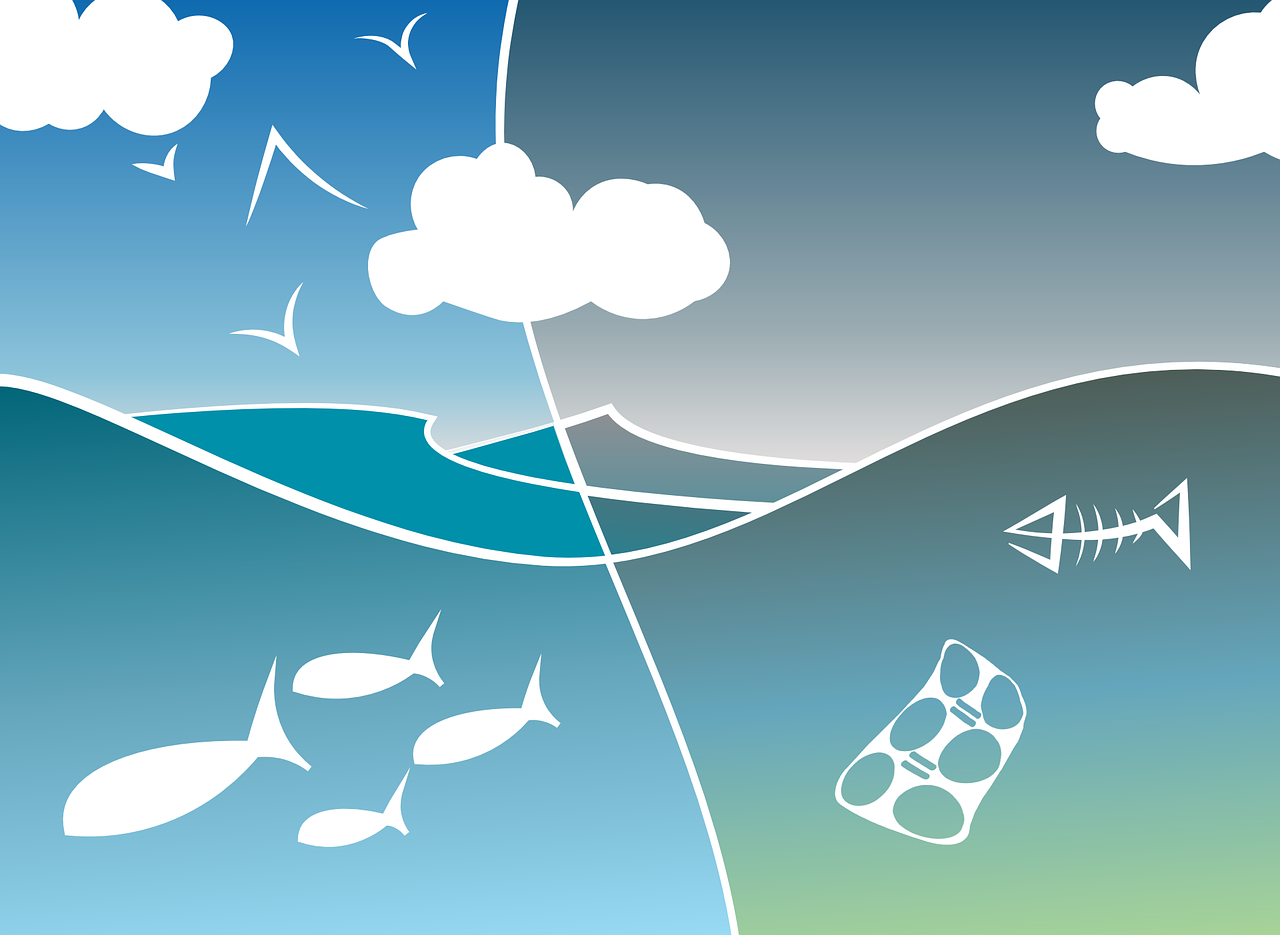
Who doesn’t agree with Núria? When you study the Master’s Programme in Nutrition Science at KI, you’ll start to grow concerned about the climate and its relationship with food dan nutrition (Image courtesy of M. Maggs from Pixabay)
Dino Ilelic
I would actually argue that it is a big difference; when it comes to scientific knowledge and academic writing I have improved a lot. As a product of the learning outcomes I am more confident with operating in the “grey area” and perhaps accepting the flaws in science and life in general in comparison to before.

As Dino mentioned, we have learned a lot in scientific knowledge and academic writing skills since in every course we had assignments involving these knowledge and skill (Image courtesy from Pixabay)
Resthie
Before: My food choice was based on nutrition only. After: I put climate and environment into consideration when making my weekly meal plan.
Before: I tried to meet physical activity recommendations in my daily life. After: I even calculate whether I have achieved optimal fitness according to my age. And I am enthusiast to encourage the whole family to move every day 🙂
Before: When new research came up, I would quickly see the results and conclusion of the research. After: I read the methods carefully to assess whether the result from the research is really reliable, and think critically in which situation the result can be applied.
Before: I enjoyed working in the field of epidemiology in general. After: I am convinced to continue my work in nutrition and childhood obesity epidemiology.
So those are our reflections. And our new journey after graduation will soon begin! 🙂
Are you interested in studying the Master’s Programme in Nutrition Science at KI? You may want to read the reasons why nutrition science at KI is different and what’s inside the master’s programme.
Have any comment, question, or suggestion? Contact Resthie at email (resthie.putri@stud.ki.se) or LinkedIn (Resthie Rachmanta Putri).

0 comments